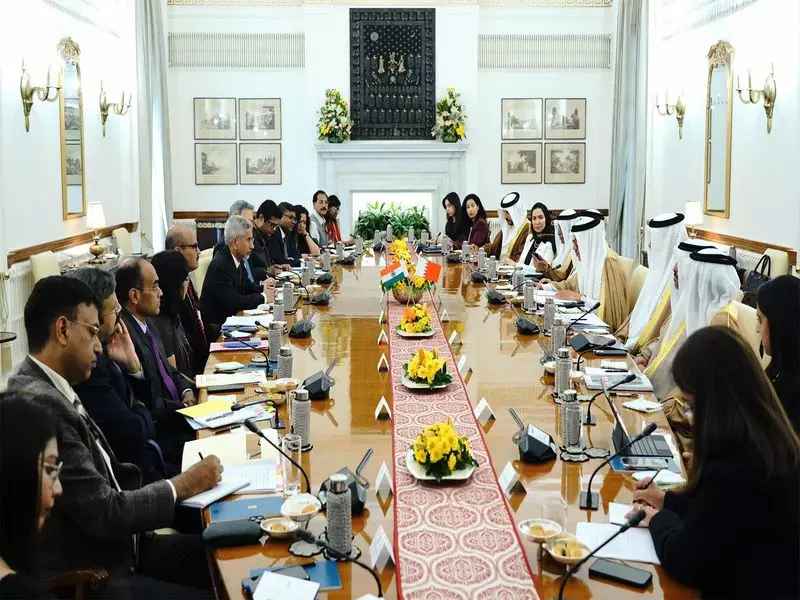
In a significant development for Indo-Middle Eastern relations, India and Bahrain have announced substantial progress in their bilateral investment treaty negotiations, marking a new chapter in economic cooperation between the two nations. The breakthrough came during high-level talks between External Affairs Minister Dr. S. Jaishankar and his Bahraini counterpart, Dr. Abdullatif bin Rashid Al Zayani.
Strengthening Economic Partnerships
The two ministers welcomed the accelerated pace of negotiations on the Bilateral Investment Treaty, signaling a mutual commitment to enhancing economic collaboration. This treaty represents a crucial framework that will protect investments, promote business exchanges, and create new opportunities for entrepreneurs and corporations in both countries.
"The progress in investment treaty talks demonstrates our shared vision for economic prosperity and deeper engagement," officials from both sides noted during the discussions.
United Against Terrorism
Beyond economic matters, the diplomatic talks took a firm stance on security cooperation. Both nations expressed their unwavering commitment to combatting cross-border terrorism, recognizing the global threat it poses to peace and stability.
The ministers emphasized the importance of international collaboration in addressing security challenges and reaffirmed their dedication to working together against terrorist activities that transcend national boundaries.
Expanding Diplomatic Horizons
Dr. Jaishankar's meeting with Dr. Al Zayani covered broader aspects of the India-Bahrain relationship, with both leaders acknowledging the growing strategic partnership between their countries. The discussions highlighted several key areas of mutual interest:
- Enhanced trade and investment flows
- Security cooperation and intelligence sharing
- Cultural exchanges and people-to-people contacts
- Regional stability and development
The successful talks underscore India's growing engagement with Gulf nations and Bahrain's strategic importance as a key partner in the Middle East. This diplomatic advancement comes at a time when both countries are seeking to diversify their international partnerships and strengthen economic resilience.
As the bilateral investment treaty moves closer to finalization, business communities in both nations anticipate increased cross-border investments, particularly in sectors like information technology, infrastructure, renewable energy, and healthcare.






